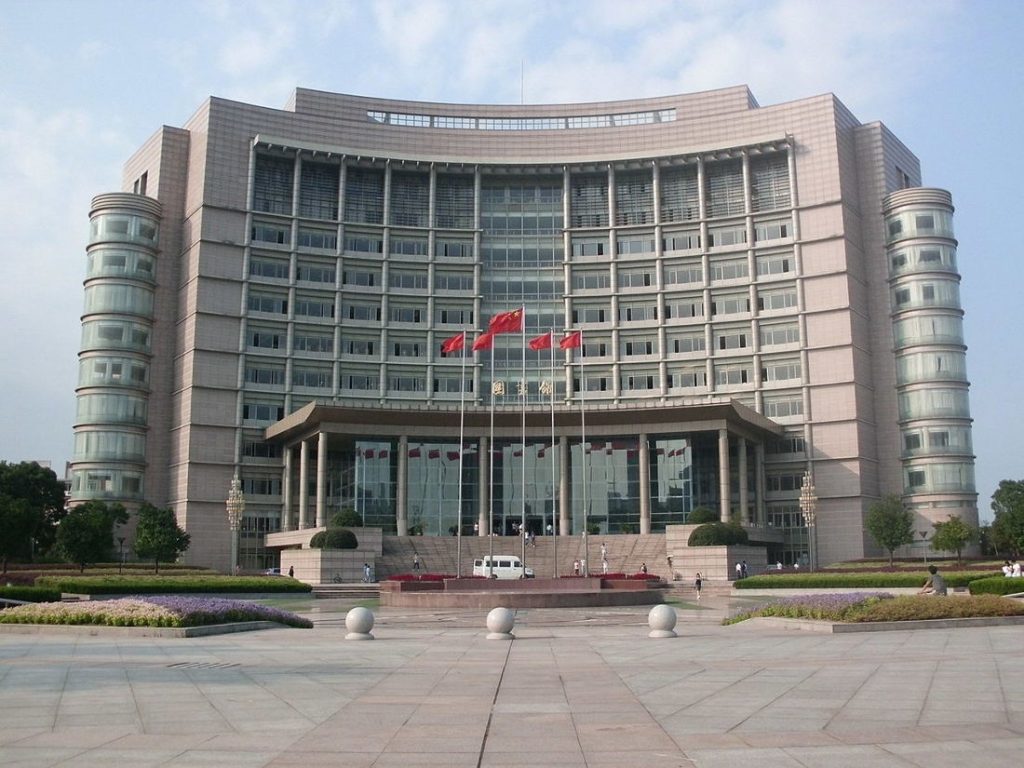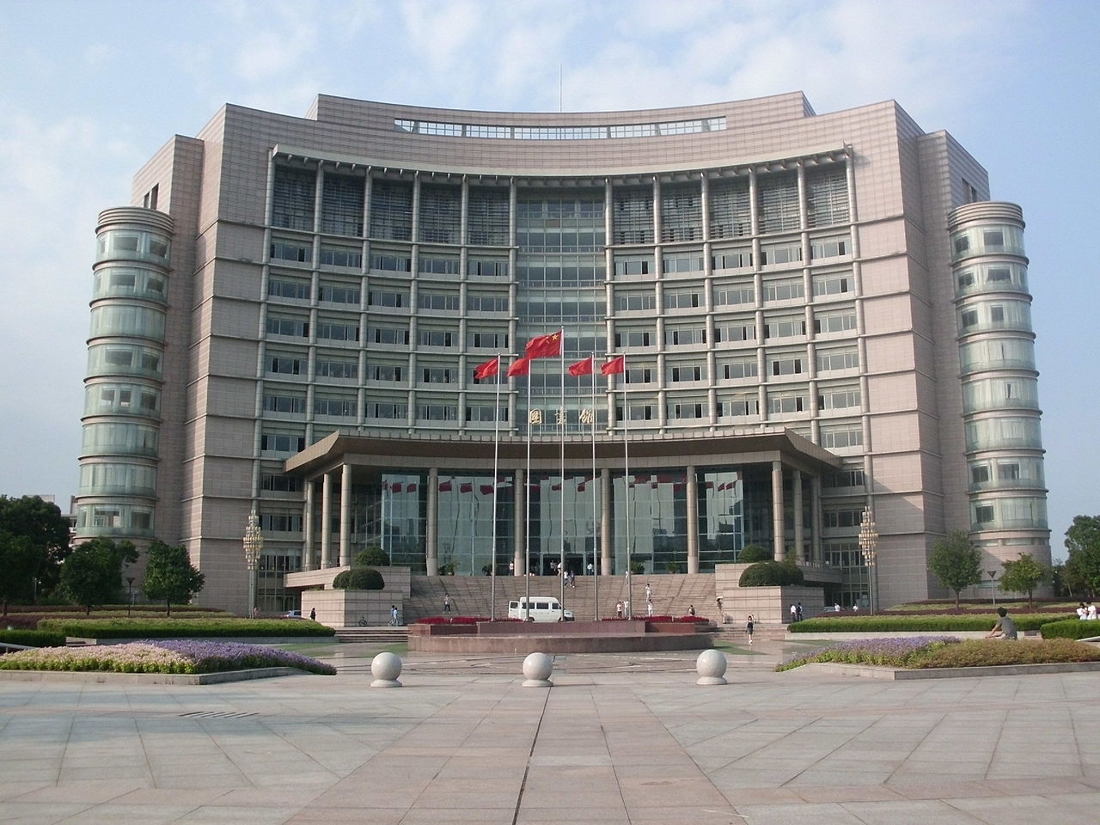China which is the most populous nation in the world has set its sight on becoming the world’s leading economy. The Southeast Asia country is equally keen on becoming a leader in artificial intelligence in the world. AI will be vital in the next decade in transforming and enhancing the economic growth of most countries. China wants to be part of the AI transformation and in 2017 the State Council unveiled an AI strategic plan aimed at creating a $147.8 billion domestic AI industry. China hopes to be a leading AI innovation destination in the world by 2030
Trade tensions with the US could play in favor of China in AI
In recent times Chinese have demonstrated enthusiasm in adopting new technologies. For instance, the smartphone industry in the country in the last ten years has rapidly grown to almost 50% in 2017. The high adoption of latest technologies in China is an indication that AI will succeed.
Researchers have pointed out to incredible advancements in the country’s AI development. They have also forecasted a change in the country’s capability of retaining bright talents. This is because China has implemented successful programs to enhance the retaining of the talents. Also, the deteriorating diplomatic relationship and trade tensions with the US are playing in favor of China. The US is the main rival to China in AI development and it’s becoming less appealing as a destination. Paulson Institute’s AI analyst Joy Dantong Ma indicates that if the US misses the mark on enhancing openness then it will lose AI talents to its competitors such as China.
However, some factors could limit China’s plans according to observers. Some of the factors include limited input to theories applicable to the development of underpinning tools in the industry. Also, the reticence of most companies in China to invest in the necessary research to establish basic breakthrough could derail the plan.
Taking on the US in the AI race
Scientists indicate that China’s quest for AI dominance is a symbolic battle with the US. AI transformation promises advances in communications, transport, and healthcare. The country leading crucial innovations in the industry will most likely share future directions as well as benefit significantly. Therefore it is no surprise that the Chinese consider AI as one of the main technological sectors to take on the US.

The AI Development Plan launched in 2017 has prompted several policies and huge investment in R&D from private companies, the provincial government, and ministries. The country is on its path to make an impression in the AI sector according to the Seattle-based Allen Institute for Artificial Intelligence. Analysis by the institute shows that the country has enhanced its percentage authorship in the most referred to AI papers by 10%.
Retaining talents and enhancing research
China’s ability to hold onto the brightest talents will be key in its progress to deliver the promise. The country has the second-largest pool of AI researcher and engineers with around 18,200 individuals second to the US with 29,000. AI institutes are luring researchers to the country with top salaries.
The plan to be a leader in AI is still within reach owing to the growing expertise in core tech companies such as Alibaba, Baidu, and Tencent. The companies have established themselves in the AI field but they haven’t matched US giants such as Microsoft and Google. There are also around ten privately-owned AI companies valued at over $1 billion including SenseTime.
The large population in China will be a massive advantage for the country because it offers unique opportunities for training of Ai systems.

